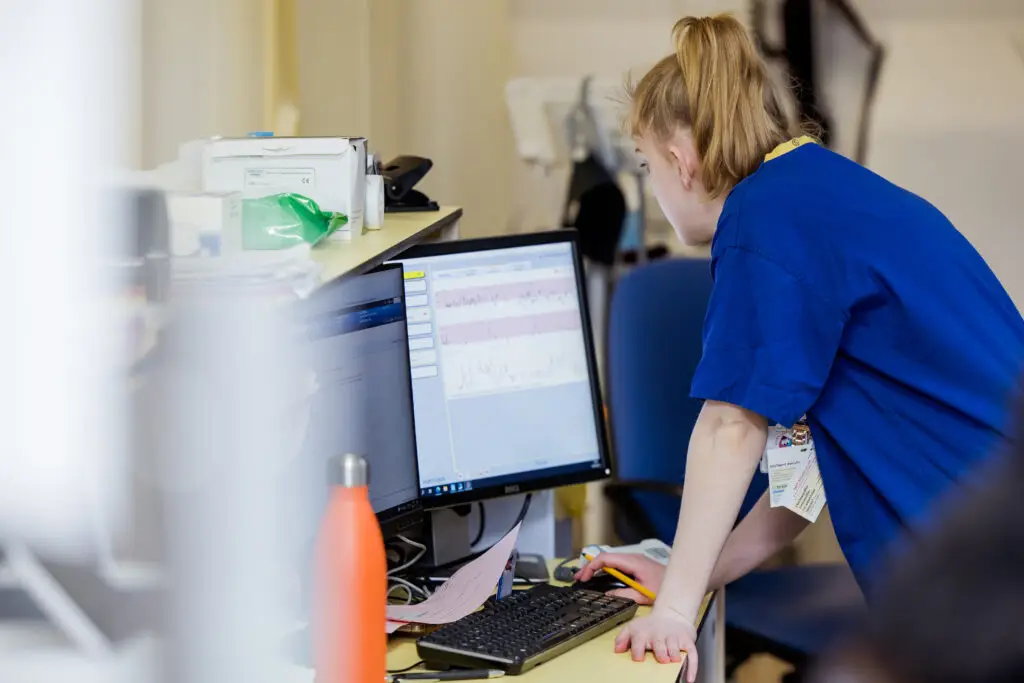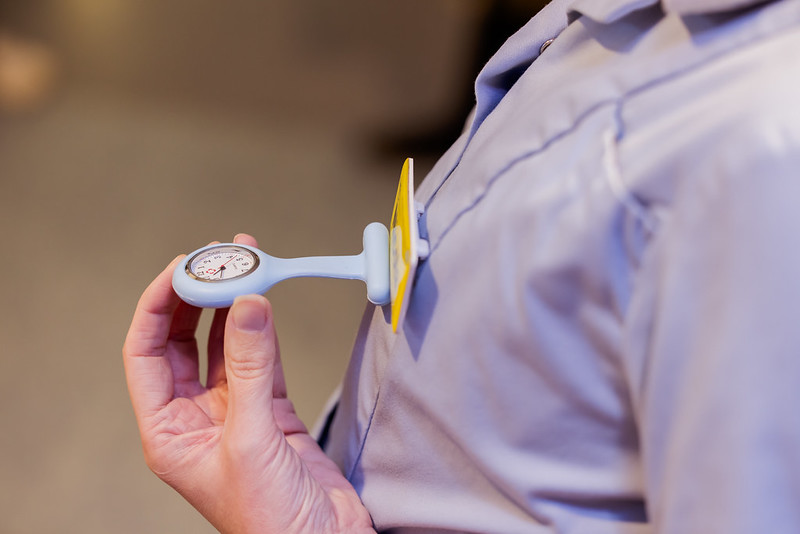While it’s positive news that the number of midwives on the register has increased overall, the increase in new registrants joining the register is on the decline. Heather Bower RCM’s Head of Midwifery Education explains why in her latest blog.
This week, the Nursing and Midwifery Council (NMC) has published its annual report about the number of nurses, midwives and nursing associates on the register, as well as the number of those leaving the register to 31 March 2025. They have compared these numbers with those from 12 months ago – and there are some sobering findings.
As of March 2025, there were 46,606 midwives on the register, an increase of 5.6% from March 2024 and an uplift of 4.8% of midwives joining the register over the past year. However, this is a 1% slow-down when compared to the previous report (5.8% uplift in midwives joining the register from March 2023-24).
Over half (51.1%) of all new joiners to the register were over 31 years of age, whereas five years ago, this figure was only 37%. This chimes with what the RCM has long been saying that many midwives choose to study and practise midwifery later in life. It’s also partially due to the number of internationally educated midwives and nurses who have joined the NMC register in the last few years, although this number is now on the decline. There has been a 5.8% increase in the number of early career registrants (first five years of registration) compared to a year ago.
When we looked at those leaving the register, what is concerning, but not surprising for the RCM, is that less than half (46%) left due to retirement, and some registrants left significantly earlier than planned.
The second most common reason for leaving after retirement was for ill health (13%) – both physical and mental ill health – with those aged 41-60 most likely to cite this as the reason for leaving. One in four leavers said that one of their reasons for leaving was because of burnout and exhaustion – this was particularly relevant to 21-30-year-olds, those more likely to be at the beginning of their career.
While it seems like positive news that the number of midwives on the register has increased overall, the percentage increase in new midwives joining the register is on the decline. This will not address the increase in the number of midwives the RCM has repeatedly called for to keep maternity services safe. It is also disheartening that so many registrants are leaving before retirement, and that of those leaving, ill health, burnout and stress are given as the main reasons for leaving early.
It is particularly concerning that 88% of leavers surveyed felt ‘worn out at the end of the working day’, and 76% felt ‘burnt out because of my work’. The majority of leavers feeling like this were those under 30, recent joiners and early career midwives, our younger midwives who should have years of career ahead of them. In the words of one early career midwife leaver from the report: ‘I never wanted to leave the NMC or UK midwifery, but it became impossible to stay and have a good quality of life’.
Through these reports, the NMC has provided a clear snapshot of the health of the nursing and midwifery workforce – and the results are not healthy at all. The governments in all four UK nations must take immediate action in response to these findings if we are to protect the midwifery workforce of the future.


